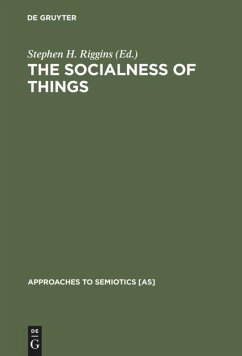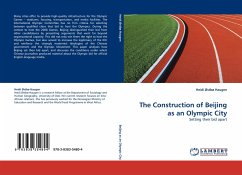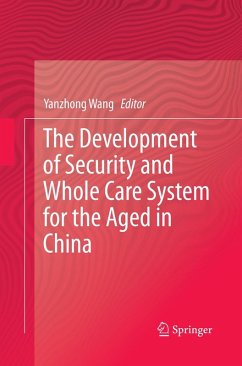
The Trend of "Socializing Social Welfare" Policy in China
A study on Service Quality and Social Capital in the Society-run Home for the Aged in Beijing
Versandkostenfrei!
Versandfertig in 6-10 Tagen
116,25 €
inkl. MwSt.

PAYBACK Punkte
0 °P sammeln!
China has one-fifth of the world's total elderly population. This rapidly aging population presents serious challenges to the state to develop a social service system. To satisfy increasing demands for diversified and continuous care, a policy known as "Socializing social welfare" was introduced to assist in the reformation of social services. Under the policy, private and non-government sectors are encouraged to provide social services that were previously monopolized by the government. The most significant result of the reform is the growth of Society-run Home for the Aged (SRH) that aimes t...
China has one-fifth of the world's total elderly population. This rapidly aging population presents serious challenges to the state to develop a social service system. To satisfy increasing demands for diversified and continuous care, a policy known as "Socializing social welfare" was introduced to assist in the reformation of social services. Under the policy, private and non-government sectors are encouraged to provide social services that were previously monopolized by the government. The most significant result of the reform is the growth of Society-run Home for the Aged (SRH) that aimes to provide fee-based institutional care for the elderly. This study examines service quality in the emergent SRH from the perspective of residents and, in the context of "Socializing Social Welfare" policy reform, explores the influence of social capital in the SRH on service quality. With the findings of the study, possible strategies on policy-making and clarification of government's responsibility are inspired. Moreover, the analysis on social capital reveales the core problems of care service in the SRH and suggestes useful measures for improvement.












